Montessori Approach
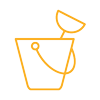
PRACTICAL

SENSORIAL
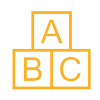
LANGUAGE

CULTURE

MATH
How does Montessori differ from other methodologies?
he Montessori philosophy set out by Maria Montessori aims to develop each child’s innate desire to learn by using a child’s natural curiosity and thirst for knowledge.
To educate children to their full potential, Maria Montessori felt that children must have the freedom to learn at their own pace. The Montessori teachers take into account the differences in each child’s learning style and pace at which they learn. Lessons are tailored to your child’s interests. The classroom/learning environment is prepared to encourage directed and independent learning. Teachers guide the activities and lessons through presentations of materials to the children and tailor the pace of your child’s learning to their own natural curiosity. Our teachers mentor and mold each child to achieve their potential.
Children instinctively push to develop their skills and mastery of new challenges they are facing. Our teachers know when to stand back and let these instincts drive discovery and learning. This proves to be very empowering and can boost a child’s confidence tremendously when they discover that they have the intelligence to do things themselves.
Children learn through discovery, not simply repetition. We also believe that children are very capable of self-directed learning. As such, a Montessori classroom provides an ideal environment for self learning.
Montessori Curriculum
Practical Life
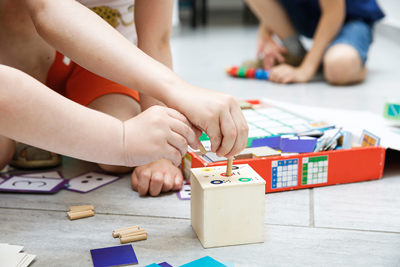
Practical Life exercises help to instill care for self, for others, and for the environment. Activities include many of the tasks children see as part of the daily routine in their home, such as pouring, scooping buttoning, sorting along with exercises of grace and courtesy. Through these tasks, children develop muscular coordination, enabling movement and the exploration of their surroundings. They learn to work at a task from beginning to end, and to develop their powers of control and concentration.
Sensorial
Sensorial Materials serve as tools for development. Children build cognitive skills, and learn to order and classify materials by touching, seeing, smelling, tasting, listening, and exploring the physical properties of their environment.
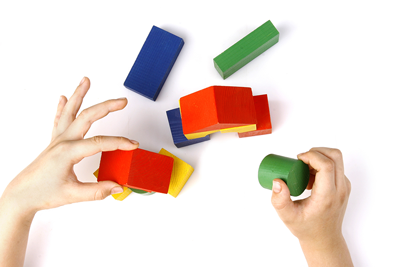
Language
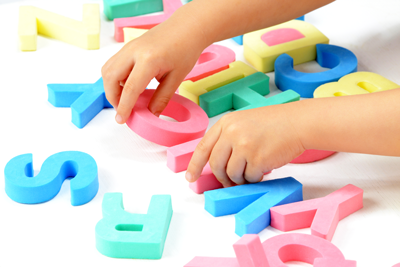
In Montessori classrooms, reading is taught with the ‘phonetic’ method – learning the sounds of the letters in preparation for reading and word building. Once sounds are mastered, children learn to build words, starting with 3 letter, then on to 4 letter words, until they are ready to read more advanced materials.
Culture
Our culture curriculum explores the areas of art, science & botany, geography and history. Children are introduced to these areas by learning about different cultures around the world. Working with the cultural materials helps the children become aware that they are part of a larger family of humanity.
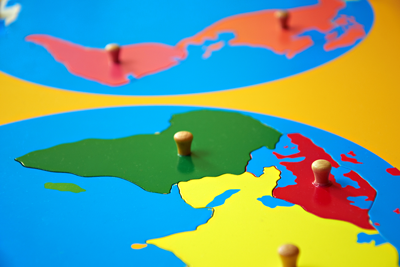
Math
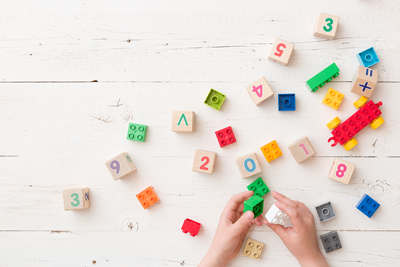
Early Math activities help children learn and understand number concepts by working with our Montessori math materials. The concept of symbol vs. quantity is taught quite early. Children are taught to understand the concept of tens throughout working with these materials. This work gives children a solid understanding of basic mathematical principles and prepares them for later abstract reasoning, and helps to develop problem-solving capabilities.
